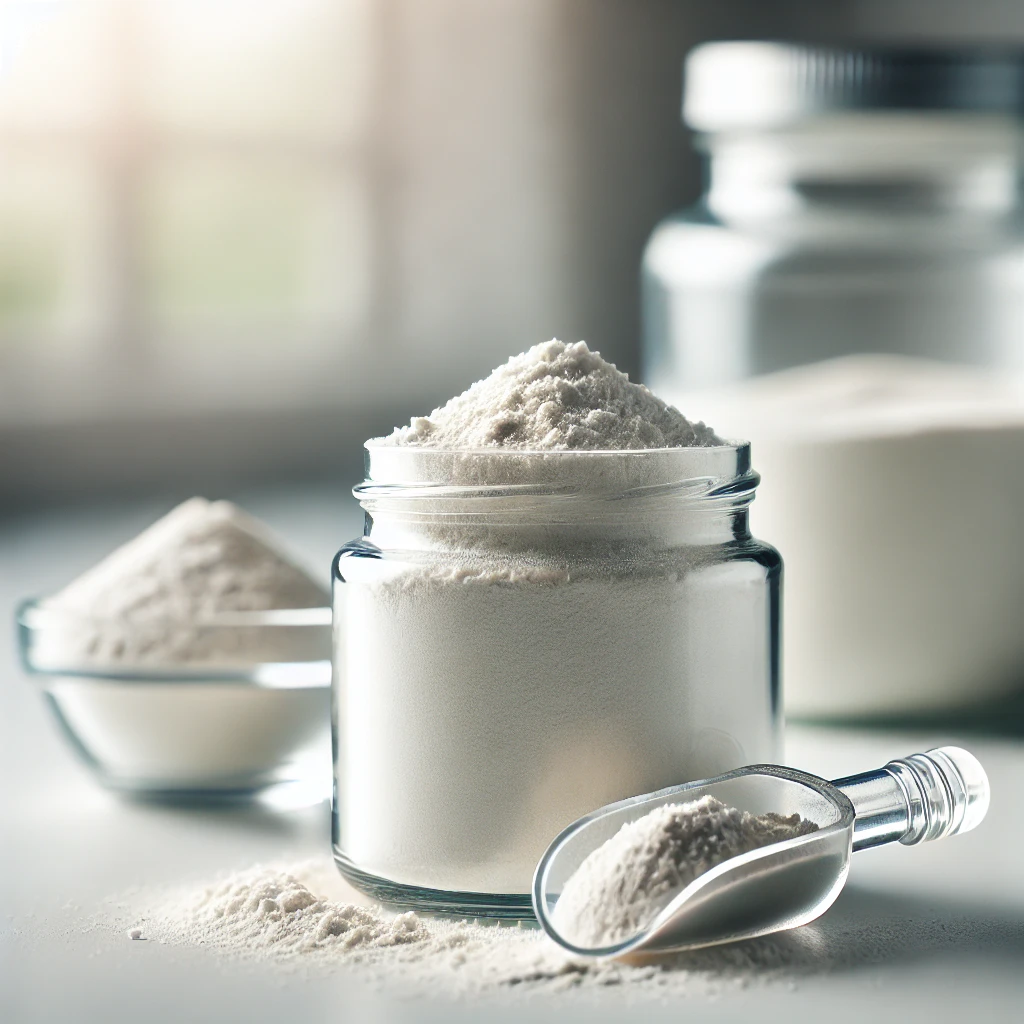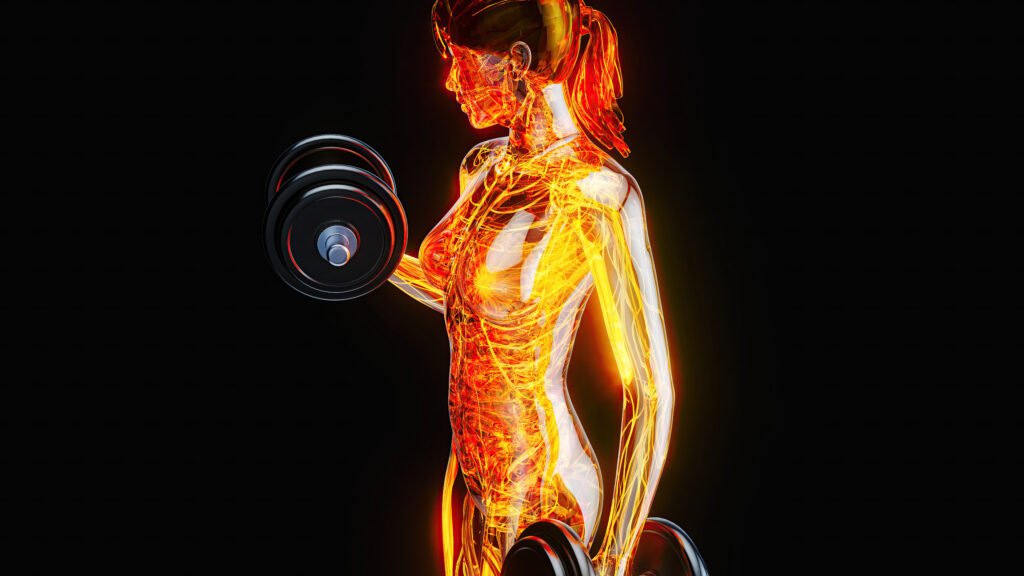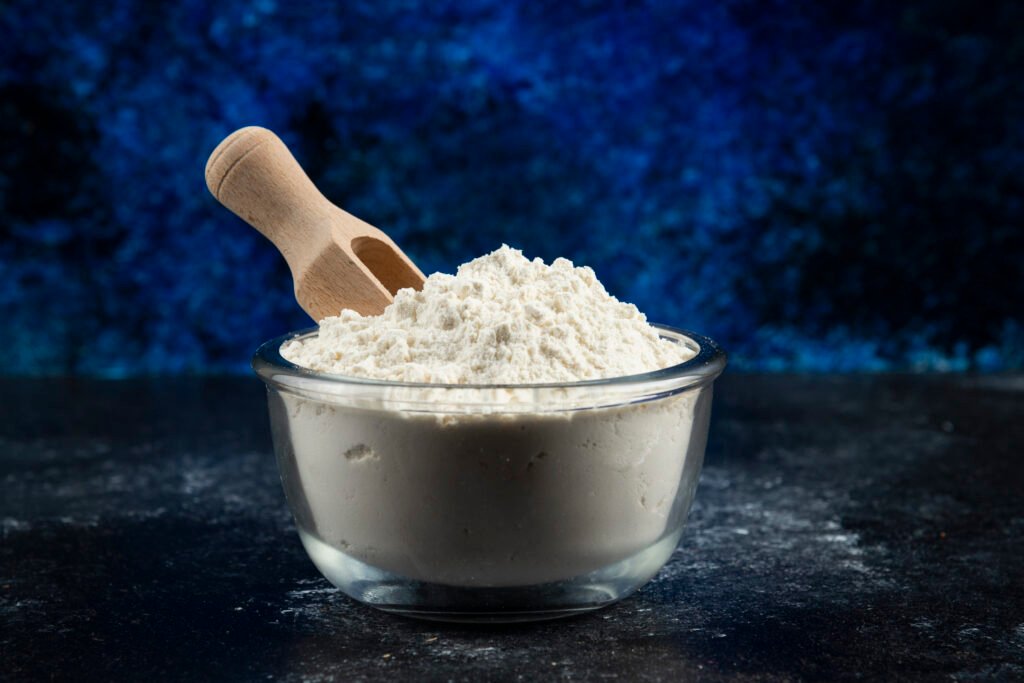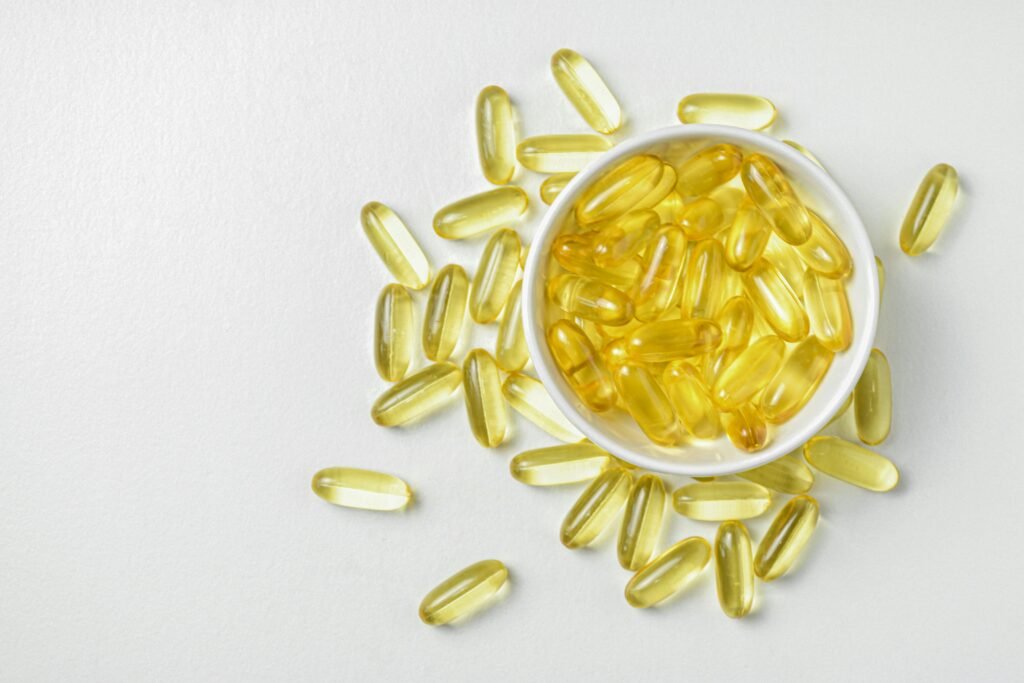Creatine has long been known as a powerhouse supplement for athletes, valued for its role in enhancing strength and muscle mass. However, as research advances, creatine health benefits appear to extend well beyond sports performance, showing promise in brain health, age-related muscle loss, and even metabolic support. Here, we explore the latest clinical findings on creatine, explain its mechanism of action, recommend safe dosages, and highlight special considerations for certain groups.

What Is Creatine?
Creatine is a nitrogenous compound found primarily in muscles and the brain, synthesized from amino acids (arginine, glycine, and methionine). While the body produces creatine, it can also be consumed through diet (mainly red meat and fish) and supplements. Most of the body’s creatine is stored in muscles, helping to produce the energy needed for high-intensity, short-duration exercises.
How Does Creatine Work?
Creatine functions by increasing phosphocreatine stores in muscles, which are essential for rapid ATP production. ATP (adenosine triphosphate) is the primary energy currency of cells, and during intense, short bursts of activity, ATP breaks down quickly. When phosphocreatine levels are high, they replenish ATP more rapidly, allowing muscles to maintain power and performance longer. This ATP recycling process underpins creatine’s effectiveness in improving physical performance and muscle strength [1].
Beyond physical benefits, creatine also supports cellular energy in brain cells, potentially improving cognitive function and supporting mood. Increased phosphocreatine and ATP availability in the brain may play a role in the neuroprotective effects researchers have observed, making creatine a possible aid in various neurological conditions.

Health Benefits of Creatine: Evidence-Based Insights
1. Enhanced Muscle Strength and Physical Performance
Creatine’s role in improving muscle performance is among the best-documented benefits. Research shows that creatine supplementation enhances strength, endurance, and lean muscle mass, especially during resistance training. A comprehensive meta-analysis showed that people taking creatine experienced 5%–15% strength gains over placebo groups, notably in exercises like the bench press and squat [2].
2. Boosted Brain Health and Cognitive Function
Creatine isn’t just for muscle—it has demonstrated benefits for brain health. Since ATP is vital for cognitive functions, increasing creatine availability in the brain can support tasks requiring memory and focus. In studies of older adults, creatine supplementation improved memory recall and cognitive speed [3]. Additionally, preliminary research suggests creatine may help alleviate symptoms of depression by boosting cellular energy in the brain [4].
3. Support for Age-Related Muscle Loss
Sarcopenia, or age-related muscle loss, is a common issue that can impair quality of life in older adults. Research indicates that creatine, particularly when combined with resistance training, may help counteract muscle loss and support physical function in older populations [5]. Studies show that older adults who supplement with creatine during strength training see improved muscle retention and mobility, helping to reduce frailty.
4. Potential Metabolic Health Benefits
Creatine may also aid in regulating glucose and energy metabolism. Some preliminary research suggests that creatine could support blood sugar management in those with insulin resistance. In a study on type 2 diabetes patients, creatine supplementation improved glycemic control and enhanced muscle insulin sensitivity, pointing to promising metabolic benefits [6].
Recommended Dosages of Creatine
Standard Dosage Protocol
- Loading Phase: To maximize muscle creatine stores quickly, a loading phase of 20 grams per day (divided into four doses) for 5–7 days is effective.
- Maintenance Phase: Following the loading phase, a daily maintenance dose of 3–5 grams maintains muscle creatine saturation.
Alternative Dosage Approach
- Some prefer to skip the loading phase, instead taking a daily dose of 3–5 grams. Though this method takes longer to fully saturate muscle creatine stores, it’s gentler on the digestive system.

Potential Risks and Special Considerations
While creatine is well-tolerated in healthy individuals, certain groups should take precautions.
1. Digestive Discomfort
Some may experience mild gastrointestinal symptoms, such as bloating or cramping, particularly during the loading phase. Reducing doses or opting for a gradual intake (without loading) can often resolve these issues.
2. Kidney Health and Precautions
Although extensive studies confirm creatine’s safety for healthy individuals, those with pre-existing kidney conditions are advised to use caution. Although creatine hasn’t been directly linked to renal dysfunction, individuals with impaired kidney function should consult a healthcare provider before supplementation [7].
3. Usage in Pregnancy and Adolescents
While creatine shows promise across various health areas, studies on its use during pregnancy or in children remain limited. Pregnant individuals and parents considering creatine for children should seek professional guidance to assess safety.
Conclusion
Creatine is a well-researched supplement that offers a range of benefits beyond physical performance. Its support for muscle strength, cognitive function, and even metabolic health makes it a versatile option for many wellness goals. By following recommended dosages and consulting with a healthcare provider if needed, individuals can safely incorporate creatine to enhance both mental and physical health. For those with underlying health issues or unique needs, professional guidance is essential to ensure creatine’s safe use.
References
- Wallimann T, Tokarska-Schlattner M, Schlattner U. The creatine kinase system and pleiotropic effects of creatine. Amino Acids. 2011;40(5):1271-96.
- Branch JD. Effect of creatine supplementation on body composition and performance: a meta-analysis. J Strength Cond Res. 2003;17(2):207-14.
- Rae C, Digney AL, McEwan SR, Bates TC. Oral creatine monohydrate supplementation improves brain performance: a double–blind, placebo–controlled, cross–over trial. Psychopharmacology. 2003;167(2):216-9.
- Roitman S, Green T, Osher Y, Karni Y, Spivak B. Creatine monohydrate in resistant depression: a preliminary study. J Clin Psychiatry. 2007;68(6):880-2.
- Candow DG, Chilibeck PD, Forbes SC. Creatine supplementation and aging musculoskeletal health. J Nutr Health Aging. 2014;18(4):445-56.
- Gualano B, Macedo AR, Alves CRR, Roschel H, Benatti FB. Creatine supplementation in type 2 diabetes. Amino Acids. 2011;41(2):611-8.
- Poortmans JR, Francaux M. Long-term oral creatine supplementation does not impair renal function in healthy athletes. Med Sci Sports Exerc. 1999;31(8):1108-10.
Ready to Start Your Website? Hostinger Makes It Easy!
Looking to launch a website for your business, blog, or personal brand? Hostinger offers affordable, fast, and reliable hosting plans designed to fit any budget. With Hostinger, you get:
- 24/7 Customer Support: Experts are ready to help whenever you need it.
- Lightning-Fast Speeds: Get a website that loads quickly for visitors.
- Free Domain & SSL: Secure your site and look professional from day one.
- Easy Website Builder: Perfect for beginners, so you can build your dream site without coding.
And the best part? https://hostinger.com?REFERRALCODE=1ANNA23 at checkout to get an exclusive discount on your subscription! Don’t miss out on this chance to kickstart your online presence with Hostinger’s trusted platform.



